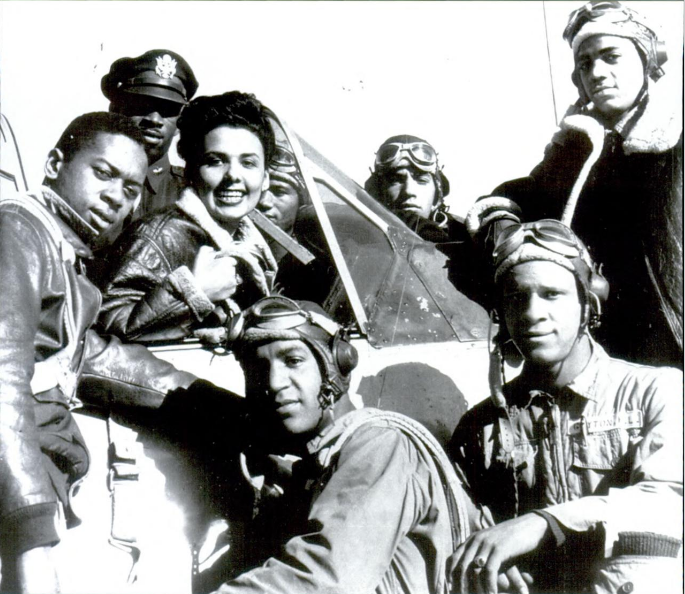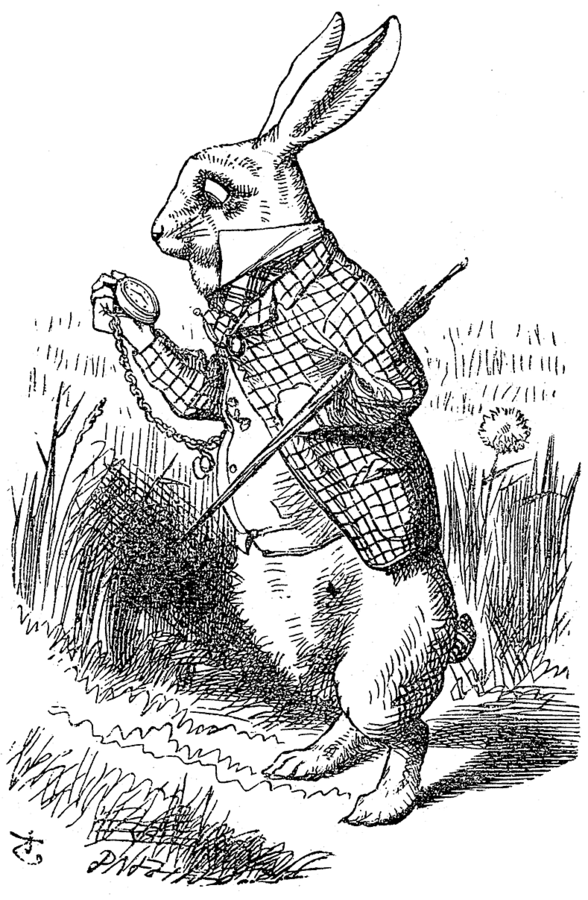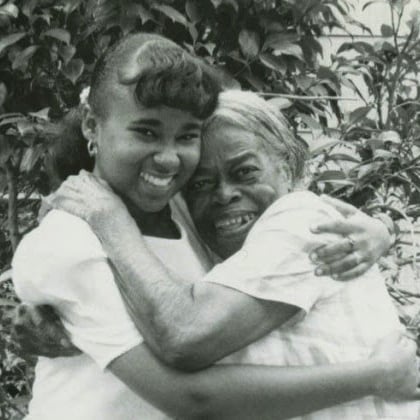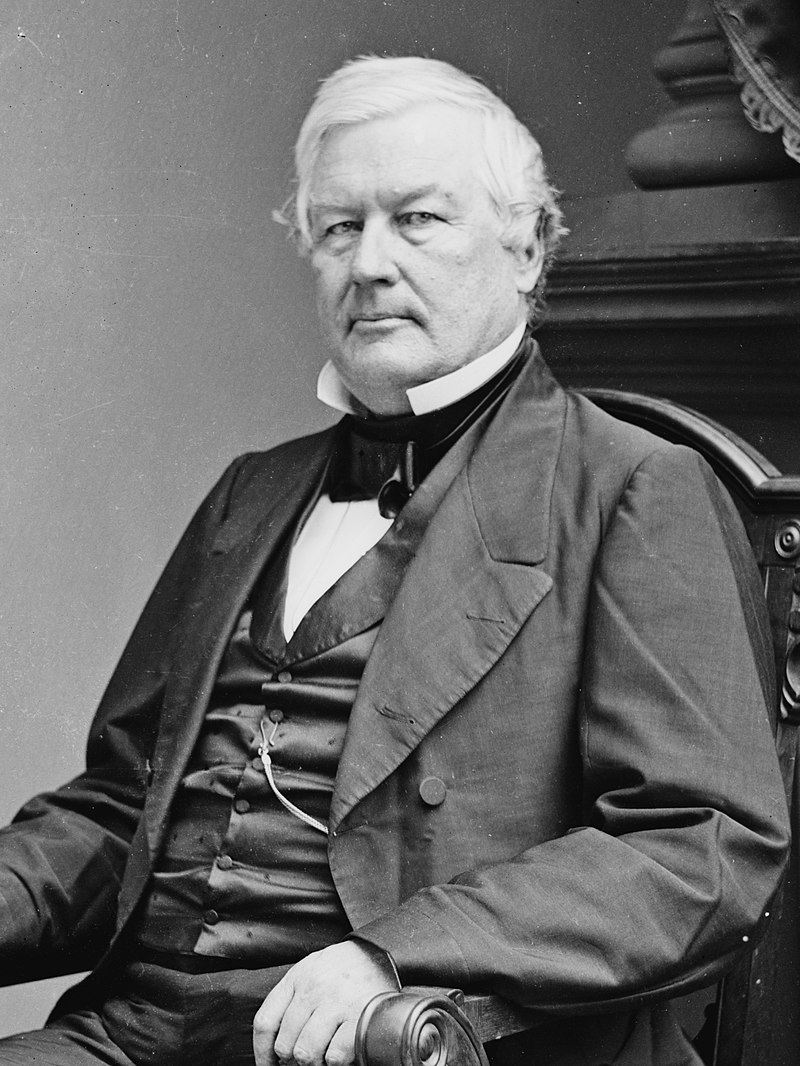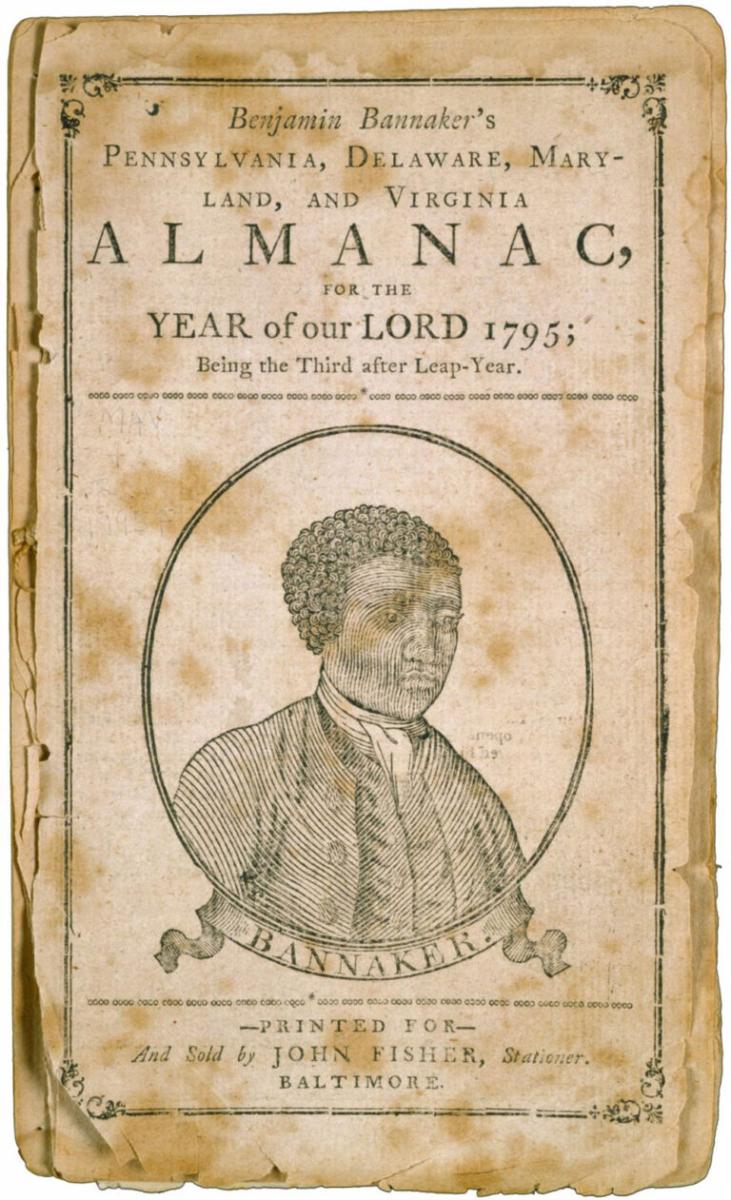
NHPRC News
April 2023
Inside the Commission
Commission to Meet May 11
The National Historical Publications and Records Commission will meet in person on May 11, 2023 to recommend grants, discuss public policies, and approve NHPRC processes and procedures.
NHPRC Makes Access Happen
As part of the National Archives Sunshine Week, the NHPRC put together a short video of how we partner with state and local archives, historical societies, colleges and universities archives and Special Collections, and repositories to make access happen to historical records all across America.
Is It Too Late?
A question we frequently hear: We missed the deadline for a draft, so is it too late to apply for a grant?
We encourage prospective applicants to submit a draft proposal weeks in advance of the actual deadline, so that our staff can discuss your project with you and provide useful feedback. However, a deadline is a deadline, and we gladly accept final proposals from those who have not submitted a draft. And, we are always available to talk over your general ideas up to the final day. See our grant guidelines for more information. But hurry, you don’t want to miss the next opportunity, available until May 3, 2023.
Grant Opportunities
Major Collaborative Archival Initiatives
For collaborative projects that will significantly improve public discovery and use of major historical records collections.
Final Deadline: May 3, 2023
Archives Collaboratives
For projects to plan and develop a working collaborative designed to enhance the capacity of small and diverse organizations with historical records collections.
Final Deadline: May 3, 2022
State Board Programming Grants
For projects that strengthen the nation’s archival network through activities undertaken by state historical records advisory boards.
Final Deadline: May 3, 2023
Publishing Historical Records in Collaborative Digital Editions
For projects to publish documentary editions of historical records. This program has two application cycles.
First Cycle Final Deadline: May 3, 2023
Second Cycle Draft Deadline: August 15, 2023
NHPRC-Mellon Planning Grants for Collaborative Digital Editions in African American, Asian American, Hispanic American, and Native American History and Ethnic Studies
For projects to publish collaborative digital editions in African American, Asian American, Hispanic American, and Native American History and Ethnic Studies.
Final Deadline: June 7, 2023
News from the Field
The Extraordinary Gift of Oseola McCarty
For 75 years in Hattiesburg, Mississippi, Oseola McCarty took in laundry and ironing work until arthritis forced her to stop. She worked hard, lived simply, and saved her money. In 1995 she decided to give her savings away.
Though she never set foot on the University of Southern Mississippi campus before 1995, she knew the importance of an education and wanted to help students in her community. She designated USM as the beneficiary of a $150,000 planned gift, and the first recipient of her scholarship fund was Stephanie Bullock, seen here with Miss Ola. Since then the fund has helped over 100 students with scholarships.
Her extraordinary generosity caught the attention of the national media. In 1998, she was awarded an honorary degree from USM, and received scores of awards and other honors recognizing her selfless spirit, including a Presidential Citizens Medal, the nation’s second-highest civilian award. She also won the United Nations' Avicenna Medal for educational commitment. In June 1996, Harvard University awarded McCarty an honorary doctorate alongside Maya Lin, Walter Annenberg and Judith Jameson. On the 25th anniversary of the gift, USM Held a virtual celebration, which featured interviews with special guests and the unveiling of a sculpture. You can see more at https://www.usmfoundation.com/.../foundation/index.aspx...
The NHPRC is funding a project at the University of Southern Mississippi to process 12 collections (totaling 288 cubic feet) related to children’s literature, women and people of color, and politics, and create 1,200 digital images and make them available online. Collections include the papers of artists such as Tana Hoban, civil rights activist Sue Sojourner, photojournalist Mary Ann Wells, and the remarkable benefactor Oseola McCarty. You can read the finding aid for her collection at https://specialcollections.usm.edu/repos.../3/resources/1244
Millard Fillmore Leaves the House
“I have seen nothing that induced me to regret that I was not a member of congress this winter. I feel that I have enjoyed myself much better in my own domestic circle with my family around me.” -- Millard Fillmore
Fillmore began his national political career in the US House. After three years in the New York legislature, he served in the House (initially as a member of the Anti-Masonic Party and then as a Whig) for four terms. During his last two years there, he chaired the powerful Committee on Ways and Means. But, as this 1844 letter attests, he was glad to be out of the fray.
It would not be long, however, before Fillmore was called away from his domestic circle. In 1848 the Whigs selected candidates Zachary Taylor for President and Fillmore as his running mate, and they won a plurality of the vote against Lewis Cass of the Democratic Party and Martin Van Buren of the Free Soil Party. When Taylor died suddenly of a stomach disease on July 9, 1850, Fillmore assumed the presidency and served the remainder of his term.
The NHPRC is proud to support the Correspondence of Zachary Taylor and Millard Fillmore, a project at American University’s Center for Congressional and Presidential Studies. You can read more about Fillmore and Taylor's relationships with Congress at the project's wonderful blog: https://edspace.american.edu/taylorandfil.../about-congress/
American Masters: Lena Horne
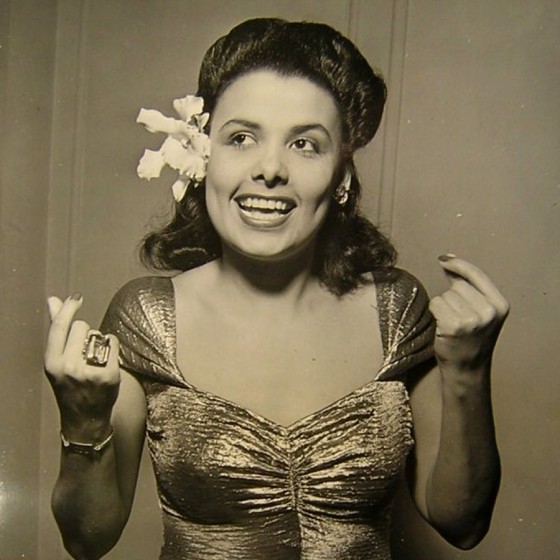 Lena Horne was an actress, singer, and civil rights activist, whose career spanned more than seventy years. Horne joined the chorus of the Cotton Club at the age of 16 and became a nightclub performer before moving to Hollywood. Do yourself a favor and hear her sing "Stormy Weather" at https://www.youtube.com/watch?v=DXJ8-E-jvuw
Lena Horne was an actress, singer, and civil rights activist, whose career spanned more than seventy years. Horne joined the chorus of the Cotton Club at the age of 16 and became a nightclub performer before moving to Hollywood. Do yourself a favor and hear her sing "Stormy Weather" at https://www.youtube.com/watch?v=DXJ8-E-jvuw
Horne advocated for human rights and took part in the March on Washington in August 1963. Later she returned to her roots as a nightclub performer and continued to work on television while releasing well-received record albums. In 1981 her one-woman show "Lena Horne: The Lady and Her Music" ran for more than 300 performances on Broadway. She then toured the country in the show, earning numerous awards and accolades.
You can find out more about her via PBS's American Masters archives, a project funded by the NHPRC, at https://www.pbs.org/wnet/americanmasters/archive/
Banneker and Founders Online
Benjamin Banneker (1731-1806) was born a free man in Baltimore and was self-taught, using the library at the home of a nearby Quaker educator. In 1788 he began the formal study of astronomy and was later hired to be part of a surveying team to set the boundaries of the new federal district in 1790, helping establish the territory that became the District of Columbia. From 1792 to 1797, he published a series of almanacs.
In August 1791, Banneker wrote to Thomas Jefferson, then serving as Secretary of State, enclosing a copy of his almanac along with an impassioned plea for justice:
"Sir I freely and Chearfully acknowledge, that I am of the African race, and in that colour which is natural to them of the deepest dye, and it is under a Sense of the most profound gratitude to the Supreme Ruler of the universe, that I now confess to you, that I am not under that State of tyrannical thraldom, and inhuman captivity, to which too many of my brethren are doomed; but that I have abundantly tasted of the fruition of those blessings which proceed from that free and unequalled liberty with which you are favoured and which I hope you will willingly allow you have received from the immediate hand of that Being, from whom proceedeth every good and perfect gift.
Sir, Suffer me to recall to your mind that time in which the Arms and tyranny of the British Crown were exerted with every powerful effort in order to reduce you to a State of Servitude, look back I intreat you on the variety of dangers to which you were exposed, reflect on that time in which every human aid appeared unavailable, and in which even hope and fortitude wore the aspect of inability to the Conflict, and you cannot but be led to a Serious and grateful Sense of your miraculous and providential preservation; you cannot but acknowledge, that the present freedom and tranquility which you enjoy you have mercifully received, and that it is the peculiar blessing of Heaven.
This Sir, was a time in which you clearly saw into the injustice of a State of Slavery, and in which you had just apprehensions of the horrors of its condition, it was now Sir, that your abhorrence thereof was so excited, that you publickly held forth this true and invaluable doctrine, which is worthy to be recorded and remember’d in all Succeeding ages. 'We hold these truths to be Self evident, that all men are created equal, and that they are endowed by their creator with certain unalienable rights, that among these are life, liberty, and the pursuit of happyness.'”
You can read the whole of Banneker's letter and Jefferson's reply, on Founders Online at https://founders.archives.gov/doc.../Jefferson/01-22-02-0049 as well as Jefferson's subsequent correspondence by searching for "Banneker" on Founders Online.
